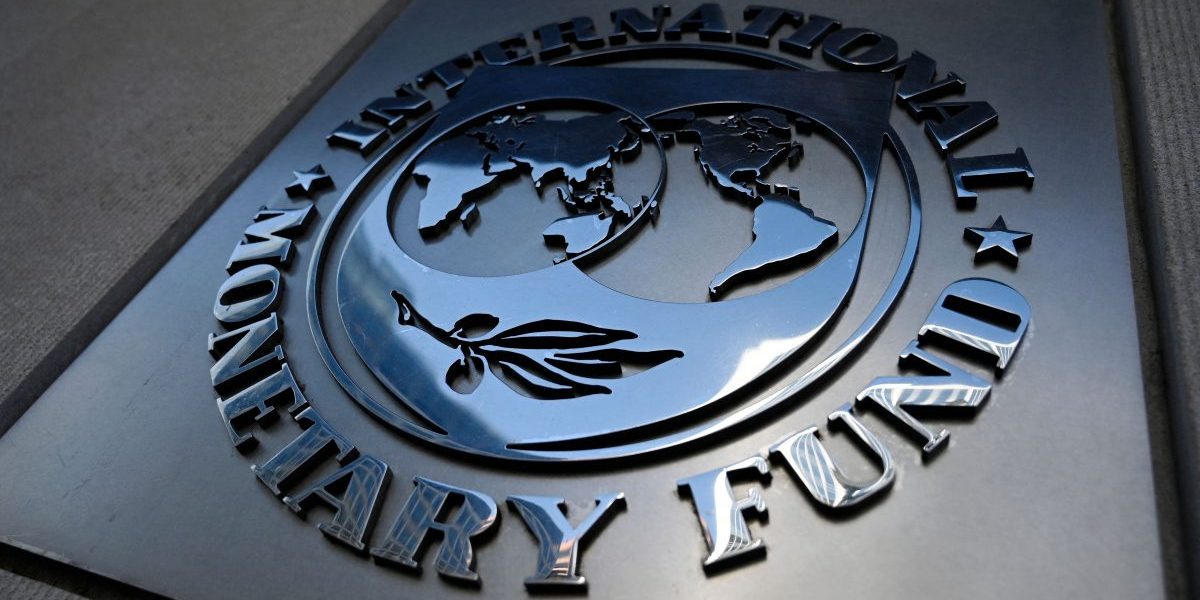Climate change is no longer a peripheral issue in global economic and financial matters or, indeed, at the country level. Some six years ago the International Monetary Fund (IMF) recognised that climate and related risks were beginning to impact the global economic system and national economies and would thus have to be considered in its work.
The IMF’s primary aim is to promote global financial stability. It provides support to its member states through surveillance (Article IV consultations) and technical assistance and is the global lender of last resort for countries facing balance-of-payments difficulties. Physical, transition, and spillover risks emanating from the need for economies to transition away from fossil fuels all have both short- and longer-term impacts on governments’ macroeconomic fundamentals, hence the IMF’s acknowledgement of the need to integrate climate change into its work. In 2021 the IMF published the Comprehensive Surveillance Review on Integrating Climate Change into Article IV consultations.
The IMF’s move into this area is not without controversy or opposition because of its history of neoliberal policy conditionalities which have not dealt with the issues of inequality, social exclusion, and poverty that characterise many developing countries. Not all aspects of climate change and the just transition fall within the competency of the IMF. However, because the IMF is exploring its potential contribution to climate change risks and has indicated that it will focus on the top 20 emitters, of which South Africa is one, it is important for the country to consider what form this might take even though many South Africa civil society actors argue strongly against any IMF involvement in discussions on this issue.
Oxfam South Africa commissioned SAIIA to undertake a study on the potential role of the IMF in supporting South Africa’s just transition. This study is being launched at this webinar.
Related material
Presentation: South Africa’s transition risks


